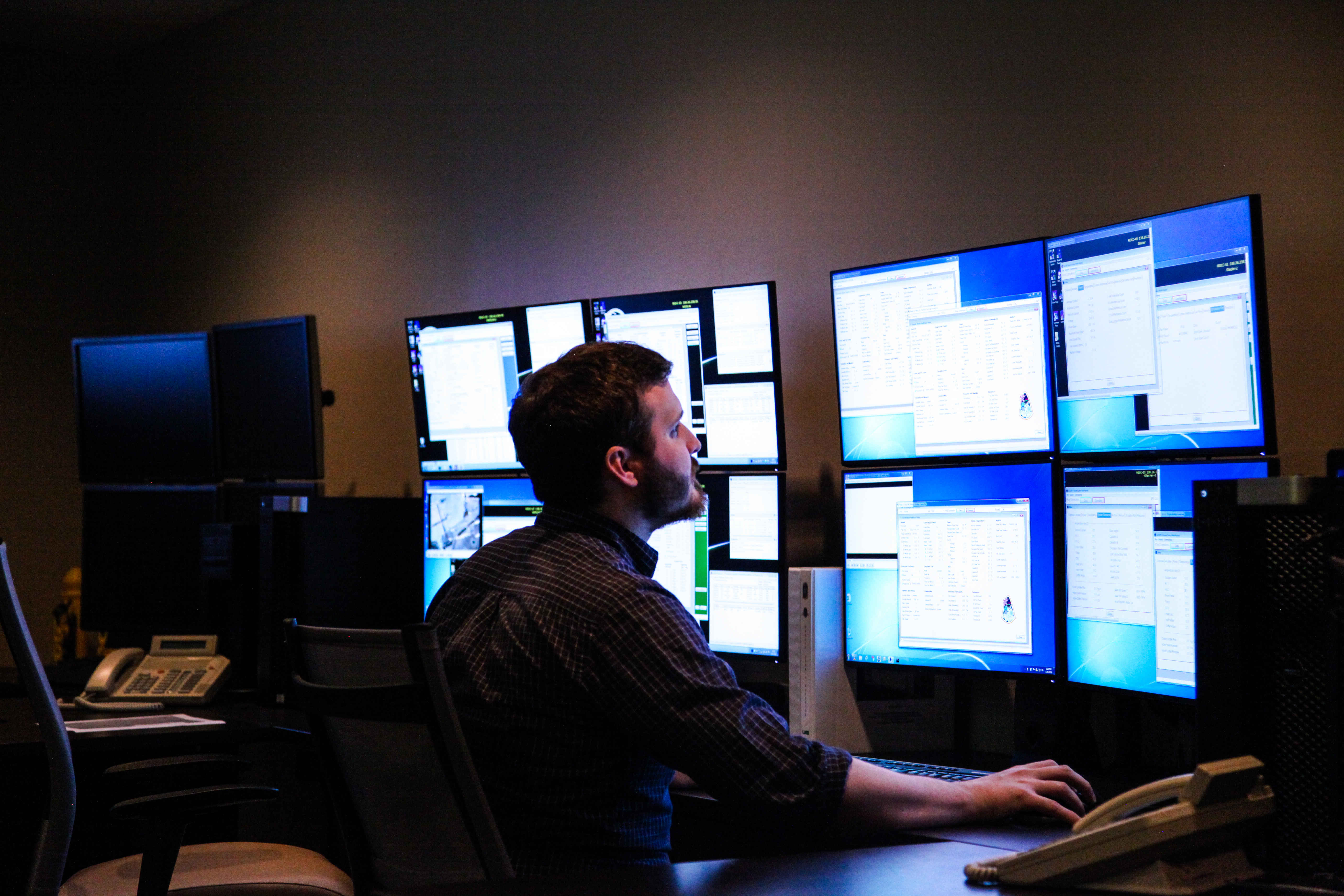Systems Integration
|
Systems integration includes a broad range of activities that take a completed system or experiment, and bring it to realization. The system must meet a list of requirements to show compatibility with the vehicle or facility for which it will be used. The following are activities associated with systems integration:
|
| Interface requirements are utilized by the system/experiment during the planned operational state. Our engineers have extensive experience with the development of Interface Control Documents (ICD)s to define the applicability of planned interfaces that a system will utilize. In the past, these interfaces have included the Shuttle, Spacelab, SPACEHAB, ATV and the International Space Station (ISS). Current projects involve SpaceX Dragon, Orbital Sciences Cygnus, ISS, ATV, HTV, and Progress. |
| Detailed safety assessments are performed for ground and flight operations. |
| Verification ensures that all items in the system conform to the design, performance, safety and interface requirements as defined in the design specification. Our engineers are responsible for development, coordination and implementation of verification programs. |
| Since the launch of the Shuttle mission, STS-100, all mission operations are performed locally in our Remote Operations Control Center. In the past, missions were supported from Johnson Space Center or Marshall Space Flight Center |
| Our engineers are experienced in the ground processing of space flight hardware at launch sites such as Kennedy Space Center. These responsibilities include identifying resource requirements, coordinating activities, and on-site testing of hardware. |
| System flight planning is performed to define all the operations and resources required to successfully operate experiments on orbit. Resource planning is a key function that allows our team to define vehicle and crew resources, time constraints, and operational sequences necessary to execute planned operations. |
| Crew and COTS personnel training provide both an overview as well as hands-on familiarization of the experiment and its intended operations. By working with the hardware, the trainee has a better understanding of the planned and unplanned operations associated with experiments. |
| Our engineers are experienced in testing at the breadboard level all the way to the integrated assembly level. Examples include environmental testing, performance testing, and on-orbit operations scenario testing |
|

|
